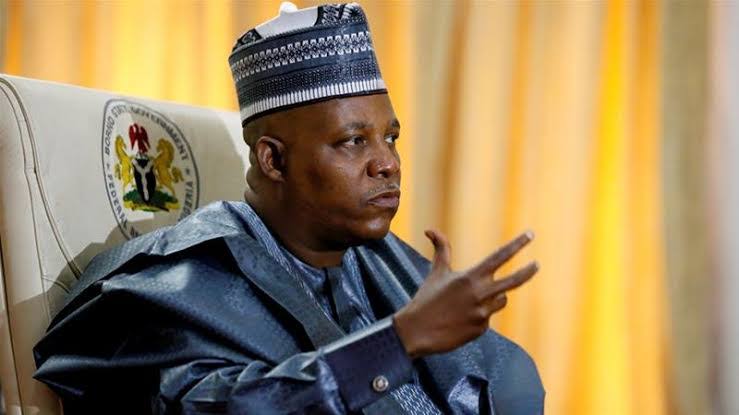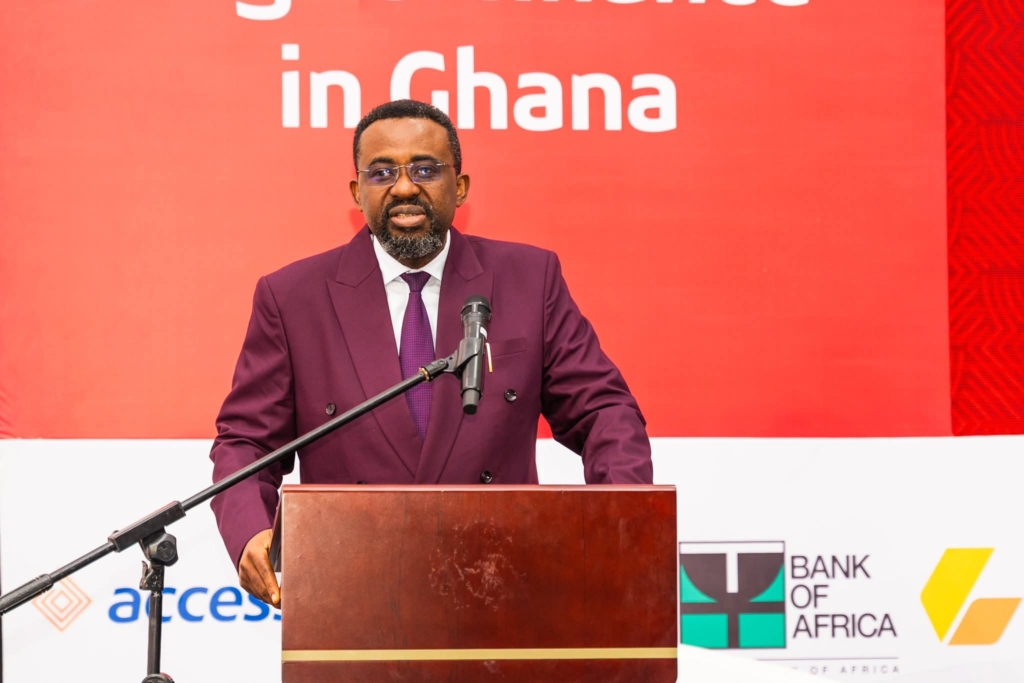President Ruto Rejects 'Wantam' Label, Emphasizes Impact Over Tenure
 President William Ruto has firmly pushed back against critics attempting to define his leadership by term limits, asserting that his administration’s success will be measured by its transformative impact on Kenyans, not by the duration of his time in office.
President William Ruto has firmly pushed back against critics attempting to define his leadership by term limits, asserting that his administration’s success will be measured by its transformative impact on Kenyans, not by the duration of his time in office.
This stance comes amidst calls from opposition figures for a ‘one-term’ presidency, a sentiment often dubbed ‘Wantam’ in local political discourse. However, President Ruto maintains that development and tangible improvements in the lives of citizens should be the sole criteria for evaluating his tenure.
“I will not allow anybody to define me in terms of time, terms, and elections, no. This project is not about how many terms you serve or which elections come this way or that way,” Ruto stated, emphasizing a shift from political cycles to long-term national development.
“I want leadership in Kenya to be defined by how much impact we are making and the transformation we are undertaking, and how good a foundation we are laying for generations to come. That is what Kenya should be defined by; that is how leadership should be defined in Kenya.”
The President urged all leaders to prioritize long-term decisions for the nation’s future, lamenting that past political discourse has often been consumed by electioneering at the expense of substantive policies. He stressed that a leader’s true success lies in the difference they make and the solid foundation they build for future generations, rather than the length of their service.
“We have wasted a lot of time; we have wasted eternity chasing the next election and the next most popular thing, and in the process, our country has suffered. We are going to change that trajectory by God’s Grace, and this country is going to go places,” Ruto affirmed, signaling a commitment to a new era of governance focused on sustained progress.
Speaking at the Second Kenya Urban Forum in Naivasha, Nakuru County, President Ruto reiterated his dedication to uplifting Kenyans, particularly those in informal settlements and at the economic base. He highlighted the Affordable Housing Programme as a key initiative, enabling many slum dwellers to access dignified homes and improve their living standards.
Asserting his mission to transform the country, Ruto declared that external distractions from detractors would not deter his agenda. “I won’t accept being disrupted. I am willing to pay the price by ensuring that we give Kenyans decent homes,” he stated, underscoring his resolve.
The President announced that approximately 700,000 housing units are currently in various stages of construction and procurement nationwide. He expressed satisfaction with the program’s positive impact on Jua Kali artisans and other small and medium enterprises, noting that in Soweto, Nairobi, Jua Kali artisans have secured contracts worth up to Sh720 million.
“Today, Jua Kali people are winning major construction contracts. This is the new Kenya we want for all of us, a reality we envisaged in our manifesto,” the President explained, portraying the housing initiative as a national transformation program designed to be inclusive of all communities and regions.
Ruto also pointed out Kenya’s rapid urbanization, with an annual growth rate of 4.3 percent, projecting that by 2050, half of the country’s population will reside in urban areas.
“As a result, we are implementing bold and strategic measures to shape this urban future, ensuring that every Kenyan has access to planned, dignified and decent housing,” he concluded, outlining his vision for sustainable urban development.










